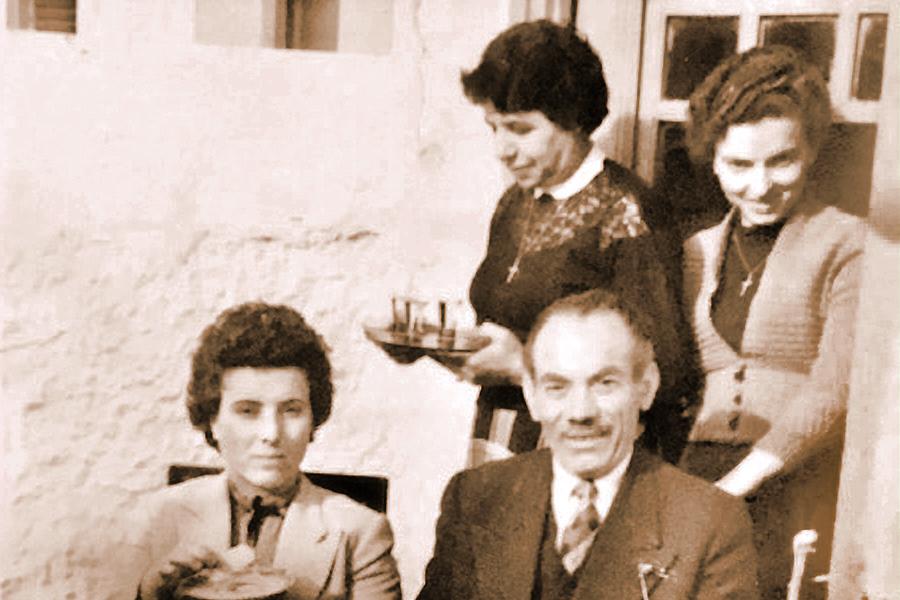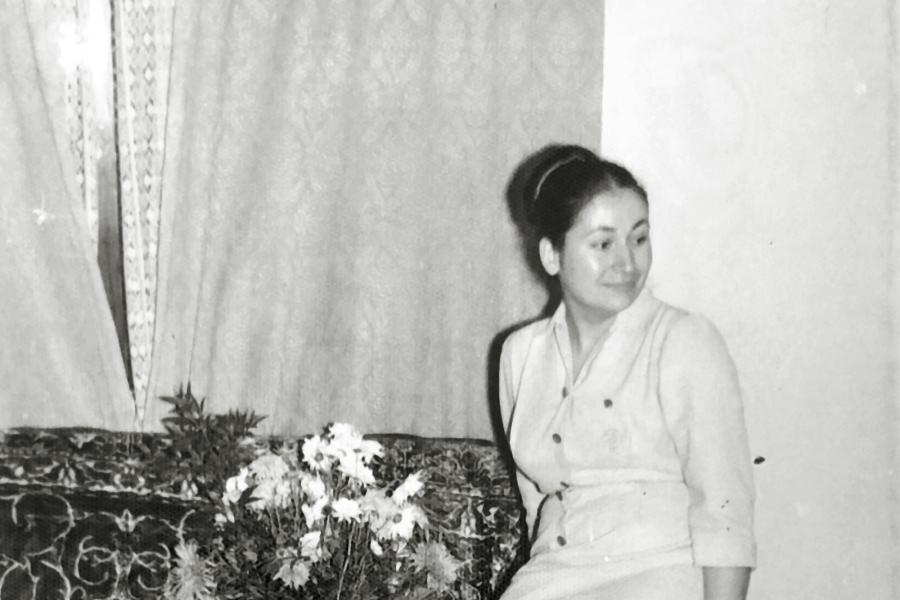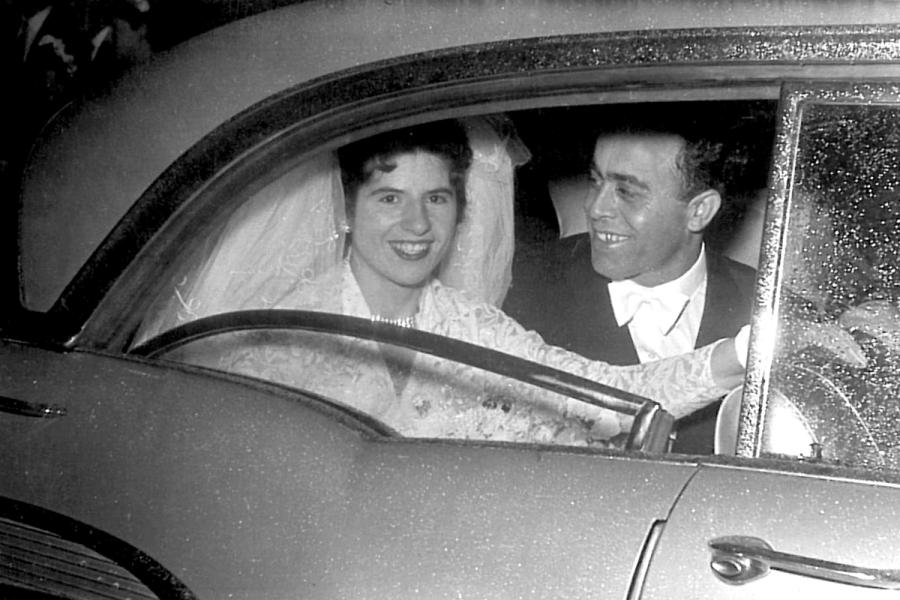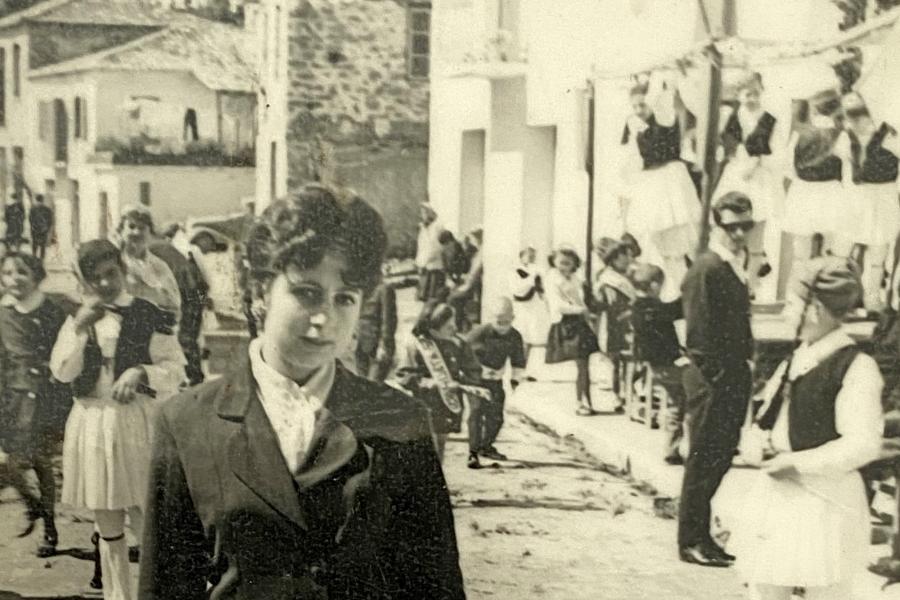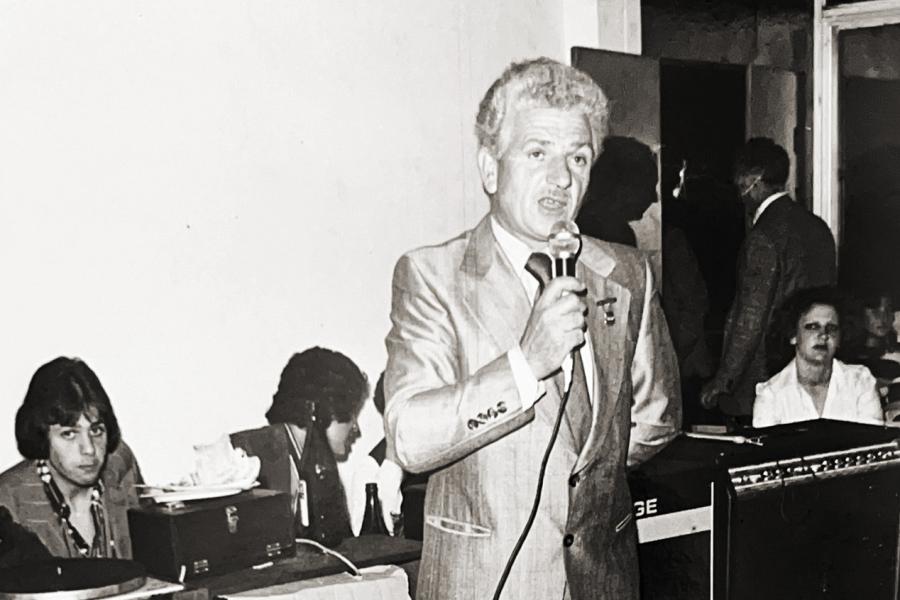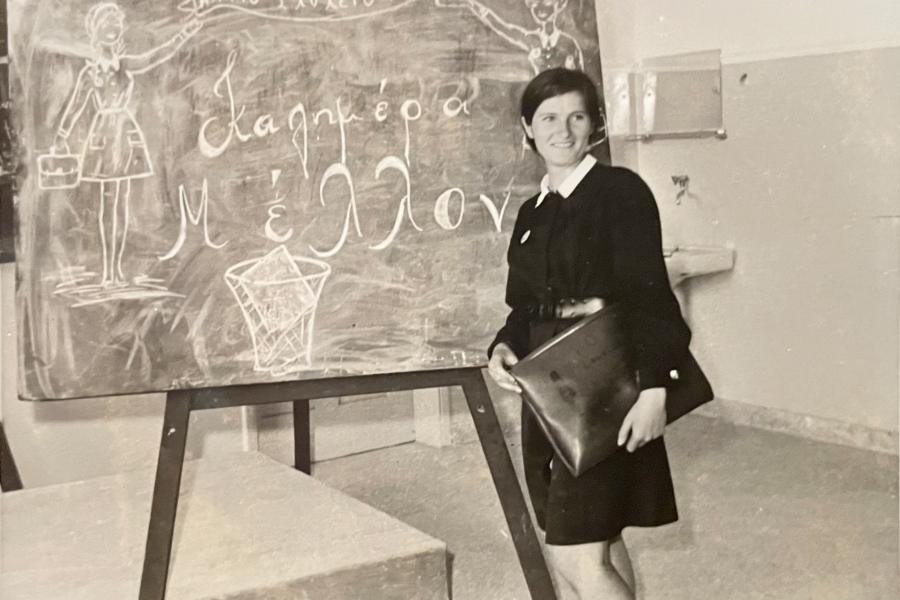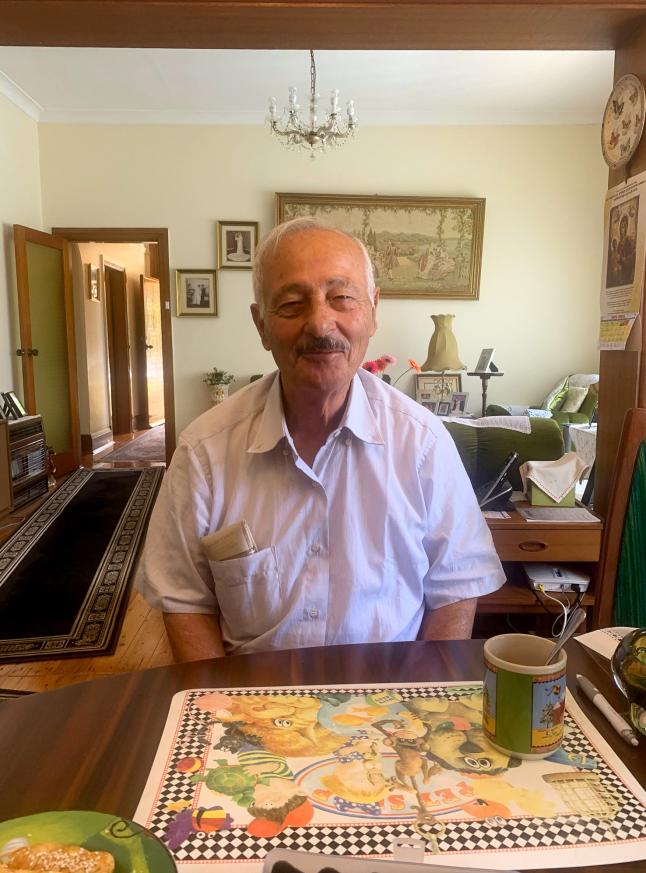

Speaker background
Platon Ioakimidis was born in 1932 into a Pontian Greek family in Molocha, central Macedonia, and came of age during World War II and the Greek Civil War. After years of menial work, he and his young wife took advantage of Australia’s assisted migrant scheme. In Australia, he settled in Redfern, where he and his wife raised a family of four. After trying his hand at various labouring jobs and small business ventures, Ioakimidis settled on a job fixing poker machines. He was involved in the Pontian Greek community and has been a church chanter.
Interview summary
Platon describes life in Greece in considerable detail. The interview gives a vivid description of rural poverty, and the reaction of his fellow villagers to news that Australia needed ‘labouring hands.’ He discusses his early days in Bonegilla and Grafton as well as his arrival in Sydney and efforts to find work.
Interview highlights
highlight
How did you know about Australia and why not America? Tell us, when did you make the decision to leave?
In 1953, an official announcement was sent to the villages, which circulated through the cafes [...] that Australia needed "labouring hands". And anyone who wanted to come to Australia would be given free passage. At the time I was single and I had my [future] spouse, we were in love [...]. I went to the Australian offices to organise to go, but at the time there was an official rule that singles could not be accepted because there were too many young men who wanted to go, and too many single girls were being left behind. And so they told me: “We are only taking married people.” There were six of us from my village who were preparing to go. Six of us. We went back to the village, and six of us got married! But of the six, only three of us came. The other three were rejected on health grounds.
Timecode 12:52 - 15:46
highlight
After being sent to Bonegilla, Platon and his brother-in-law were assigned to work in Grafton, but decided to leave for Sydney with only a £1 each and no job.
When we [he and his brother-in-law] came to Sydney, we had nowhere to stay. We had no money. Did not speak the language. We went to a motel in Elizabeth Street, and I noticed below the motel there was a milk bar. We went in and spoke Greek and luckily the man who ran the milk bar was Greek, and we asked for help. We needed somewhere to sleep and to eat. We were hungry. Well, the man, bless him, gave us a steak each and we ate. He then said: "Above here there is a motel. If they have a room take it and sleep". We went there but we didn’t have money. We had one pound each. We paid £1 and shared a single bed. Do you think we slept? We couldn’t sleep. When we woke again, we were hungry again. We bought a Vienna bread, some butter, a block of butter, we ate half in the morning and the rest we put in a bag for lunch. We walked around the city looking for Greeks, because there were very few Greeks there at the time, in 1954. We were told to go to a Cypriot run café in Castlereagh Street. We went so they could help us . . . We were looking for work.
Timecode 24:59 - 28:24
